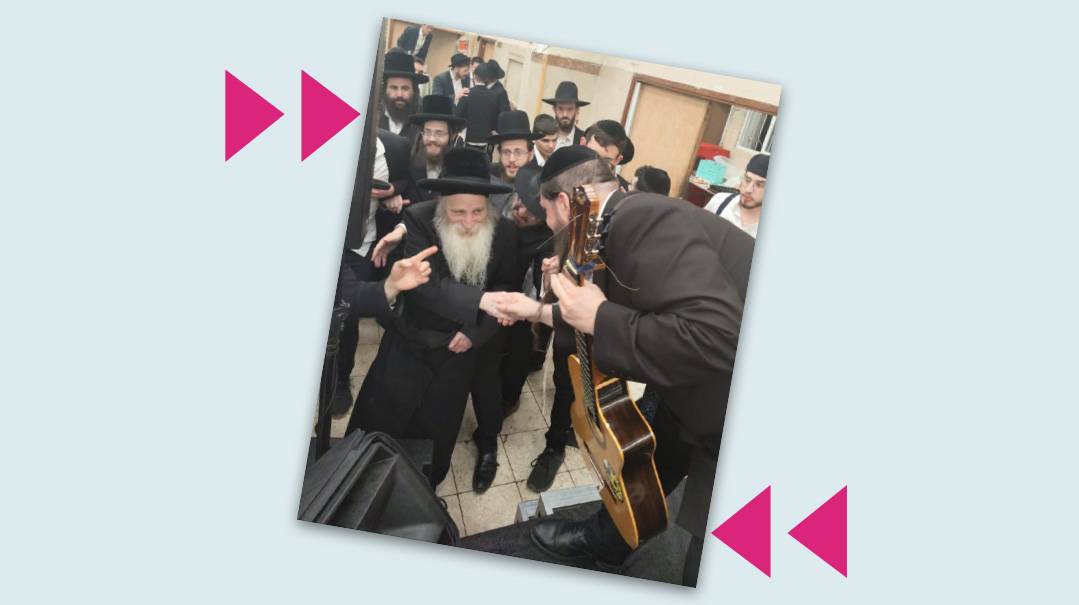Two Centuries Later, The Chasam Sofer’s Niggunim Are Heard Again
| January 8, 2019“Selo yevoish hamaayan velo yikatzetz ha’ilan — May the spring not dry out and the tree not be cut down.” These words — from the will of the Chasam Sofer ztz”l, a prayer that his descendants should never cease to prosper on the true path — are familiar to the thousands of descendants throughout the world who treasure their lineage as one of their dearest assets. Now a new CD, compiled by Khal Michtav Sofer of Lakewood, expresses the musical side of the holy traditions of the Chasam Sofer dynasty, including, as a finale, a niggun for these oft-quoted words.
The Chasam Sofer, Rav Moshe Sofer of Pressburg (1762–1839), leader of Oberland Jewry, was known to have written what he termed “shirim” — lyrical songs — which were published in the sefer Shiras Moshe. Some of these were sung on Friday nights, on Chanukah, or in the succah. The traditional tunes which the tzaddik sung were passed down through the Erlau and Mattersdorf kehillos, among others, for six generations. These contemplative songs of yearning, including one for the piyut “Tzama Nafshi,” are sung as the first four tracks of the new album — accompanied by a gentle piano and violin background and sung by Rabbi Shalom Krauss together with a choir of close to 20 children, all descendants of the Chasam Sofer. In addition, the Chasam Sofer’s son, Rav Shimon Sofer, rav in Krakow, wrote several of his own “shirim,” moving words and plaintive, heartfelt niggunim. One of those was “Shuvi Kallah,” a song about the soul’s return to its Creator, which talmidim heard him sing very shortly before his own passing. Rav Shimon Sofer’s songs are tracks six, seven, and eight. The Chasan Sofer (the Chasam Sofer’s grandson) brought the song “Melech Rachman” (Track #5) to the public, after once hearing it from a Yerushalmi meshulach.
The album’s musical arrangements are spare, leaving the spotlight to shine on these serious, meaningful niggunim, available to the public for the first time. Listening is a solemn experience, almost like entering an Oberland-style minyan on a Yom Tov. Now the Chasam Sofer’s descendants and followers can renew his niggunim at their own Shabbos and Yom Tov tables, capturing some of the majesty of their great leadership.
(Originally featured in Mishpacha, Issue 743)
Oops! We could not locate your form.












